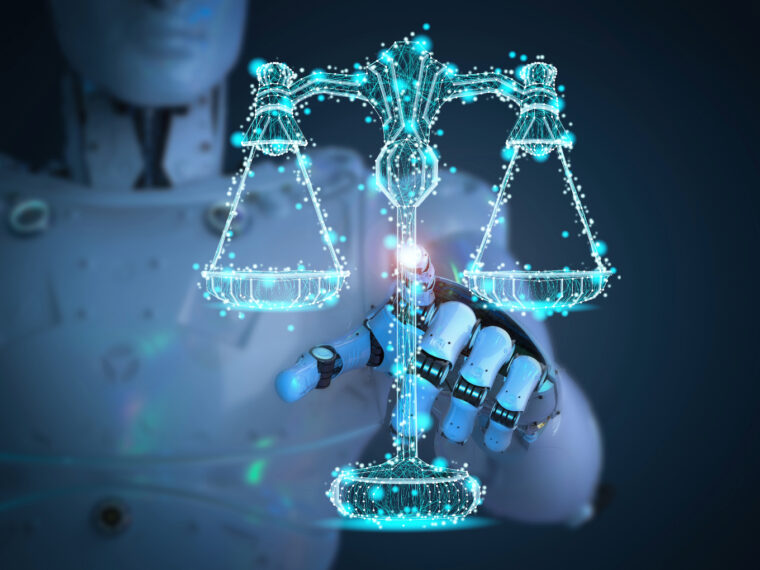The world’s skewed gender bias is no longer gasping news. It is rigidly handcuffed into the social fabric through stereotypes and traditionally upheld norms. Such systems create divisive spaces, both socially and digitally. While these voids are glaringly visible in the socio-political vantage, they remain latent in the emerging futuristic technologies, primarily machine learning with Big data. With an enormous proportion of the population using online, digital services and networks today, we create several gigabytes of data every day. This in turn, is fueling the AI algorithms to become smarter with enhanced precision and quality outputs.
We are beginning to rely more heavily each day on algorithms globally for decision-making, concerning mortgage loan decisions, insurance risk, job shortlisting, assessments, setting bond amounts, sentencing recommendations, predictive policing, among so many others. More so, it now facilitates a majority of day-to-day experiences. It is estimated that AI will contribute about$15.7 Trillion to the world economy by 2030, out of which, about $6.6 Trillion will be delivered by increased productivity while the remaining $9.1 Trillion will be gained from consumption side-effects
Mots-clés : cybersécurité, sécurité informatique, protection des données, menaces cybernétiques, veille cyber, analyse de vulnérabilités, sécurité des réseaux, cyberattaques, conformité RGPD, NIS2, DORA, PCIDSS, DEVSECOPS, eSANTE, intelligence artificielle, IA en cybersécurité, apprentissage automatique, deep learning, algorithmes de sécurité, détection des anomalies, systèmes intelligents, automatisation de la sécurité, IA pour la prévention des cyberattaques.






